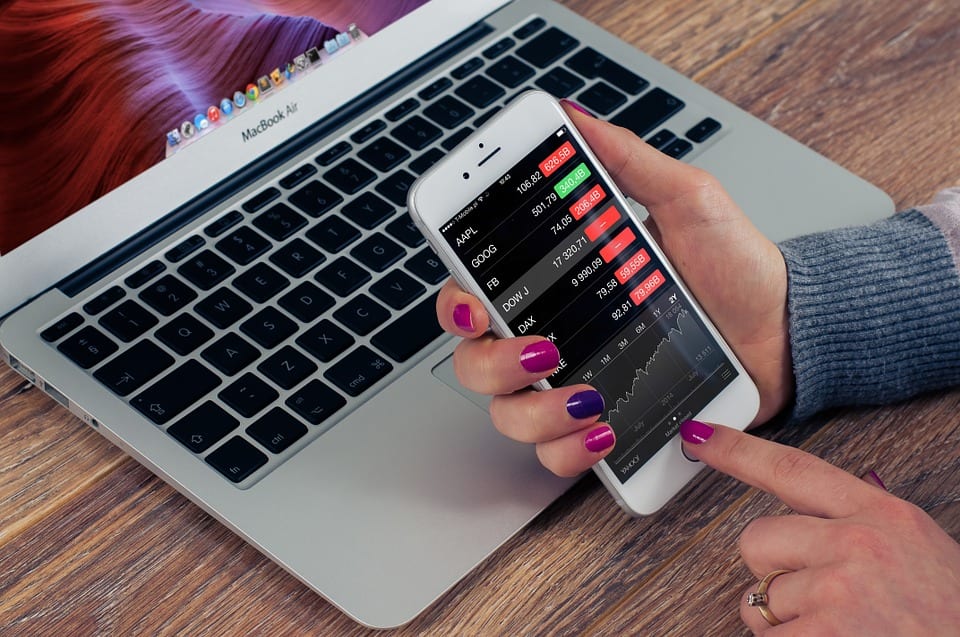What should we expect? Here are our top five trends to watch for in the retail industry in 2018.
Increased Adoption of Cloud-Based ERP Systems
According to a G2 Crowd – ERP software products review, more and more ERP software vendors are shifting their focus towards cloud-based ERP offerings. From Oracle Cloud to SAP S4HANA and Microsoft Dynamics 365, there is no doubt that cloud ERP systems are gaining wider acceptance across the retail industry. Experts estimate that the cloud ERP software market will be worth around $26.5 billion by 2020, indicating an increasing trend in adoption.
Increased Adoption of Cloud-Based ERP SystemsGrowth in the Small Business and Niche IndustriesLess Focus on Legacy ERP SystemsThe Push for Mobile ERP is Getting StrongerConclusion
While most retailers have over the years been comfortable with on-premise ERP software deployments, the recent growth in the adoption of cloud ERP solutions across almost every business sector today, has resulted in increased adoption across the thriving retail industry. Cloud ERP systems offer the benefits that retailers are looking for including better scalability, enhanced security and increased support.
Growth in the Small Business and Niche Industries
In 2018 and beyond, ERP is going to be about small and mid-sized businesses, as well as niche industries. For too long, ERP software vendors have been focusing on large companies. The software landscape is changing fast with more small and mid-sized businesses shifting to ERP SaaS solutions to ease deployment. ERP software vendors are incorporating more functions and capabilities that they previously overlooked to meet the needs of small businesses and niche industries like the food and pharmaceutical industries. With increased usability, ERP solutions are now focusing on the growing niche market which is, in turn, driving growth in the segment.
Less Focus on Legacy ERP Systems
Unfortunately, there are still many retail businesses that are using legacy ERP systems that have been in use for many years. As more ERP providers shift to cloud ERP solutions, it’s expected that more vendors will put less focus on legacy ERP systems. In fact, most of them are no longer offering long-term support or introducing new functions to these dated systems.
Due to this growing trend, more retail businesses are opting for omnichannel ERP systems that allow them to see the connections across the different aspects of retail business management. Through such systems, retailers are able to provide their customers with a more streamlined purchase process and ensure a unified communication process.
The Push for Mobile ERP is Getting Stronger
As more employees work outside the office, there is an increasing need to be able to access information in real-time, easily collaborate with colleagues and communicate with customers on the go. In 2018 and beyond, retailers are expected to push vendors for more improved mobile ERP systems that give their employees the opportunity to access critical data like billing details, shipping details and reports on their cell phones or tablets.
Conclusion
ERP software is a key component of any successful retail business. Understanding these trends will help your business adapt to the new changes in the ERP software market. When it comes to implementing an ERP strategy, it’s important to analyze the key functionalities that your business will need in an ERP solution and plan how you can meet your business objectives using the features provided.
